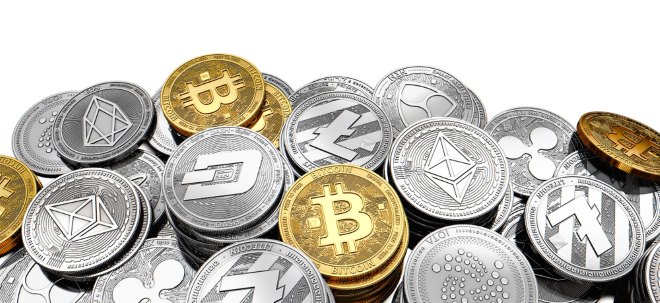Senior executive with Vale have met officials from Jiangsu provincial government, East China to discuss the feasibility of a bulk cargo line from Lianyungang Port, Jiangsu to Brazil and a new spot trading platform in Lianyungang City.
Those subjects are listed in two countries’ cooperation memo signed in this July when president Xi Jinping visited Brazil. Lianyungang Port, the biggest iron ore port terminal among 17 ports along Yangzi River in China accounts for 5% of iron ore at 44 Chinese ports.
China has already had two spot iron ore trading platforms, one is Beijing Iron Ore Trading Center Corporation and the other is Rizhao International Iron Ore Exchange.
COREX and previous CBMX traded 31st 3203 million tonnes of iron ore from its launching data May 8th 2012 to October 31st 2014; whilst RIOE traded 13.22 million tonnes from July 9th 2013 till November 24. Neither of them is big enough to break pricing power taken by Australian and Brazilian suppliers in China’s iron ore imports.
Vale sold about 150 million tonnes of iron ore to China in 2013 and hopes to double it as of 2018.
Update: Vale initiated USD 1.4 billion port terminal in Malaysia earlier this month as the miner seeks to cut costs of shipping to Asia from Brazil with prices at five-year lows. Given the Valemax ban, Malaysia is fairly important to Vale's strategy.
But to Wu Ming Hua, logistics expert with Maritime China, Malaysia is a stopgap and said that the journey from Brazil to Malaysia is pretty long, not to mention the ship needs to sail to North China. The voyage are definitely getting longer.
Mr Wu said that apart from Lianyungang, ports including Dalian, Qingdao, Zhoushan are all interested in and capable of being options for Vale. Those ports are competing with each other and given the situation, Jiangsu province and Lianyungang are moving faster.
Source -
www.steelhome.cn/en China steel information centre and industry database


 Thread abonnieren
Thread abonnieren

